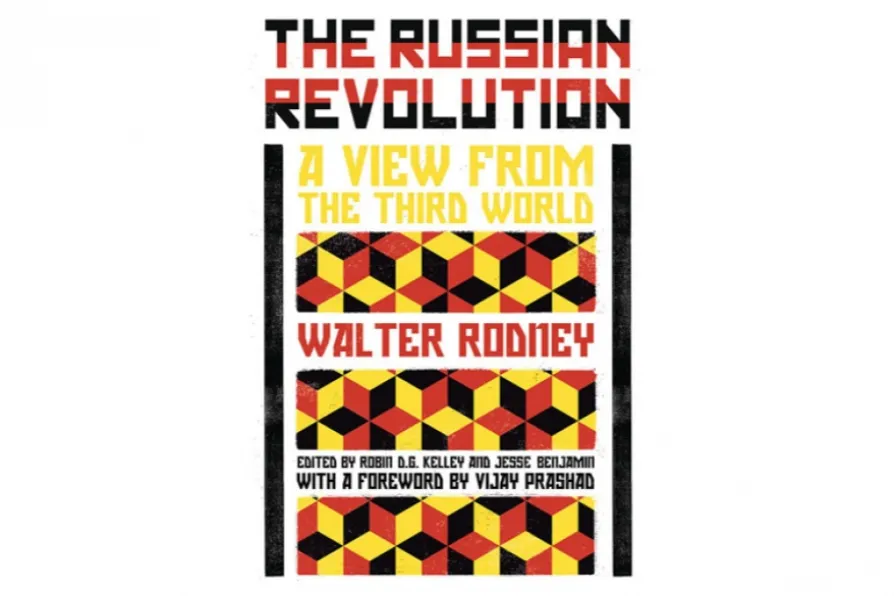MARIA DUARTE and ANGUS REID review Materialists, Unmoored, Together, and Bambi: A Tale of Life in The Woods


The Russian Revolution: A View from the Third World
by Walter Rodney
(Verso, £16.99)
WALTER RODNEY was one of the outstanding fighters for socialism and liberation of the 20th century. His How Europe Underdeveloped Africa, pioneering in its attempts to analyse the sources and consequences of imperial super-exploitation, is a classic of historical materialism.
Rodney was also a front-line activist and it was his immersion in the political struggle that led to his assassination at the age of 38 in his native Guyana in 1980, almost certainly at the instigation of the Forbes Burnham government of the time.

Corbyn and Sultana commit to launching new socialist party

If Labour MPs who rebelled over the welfare reforms expected to be listened to, they shouldn’t have underestimated the vindictiveness of the Starmer regime. But a new left party that might rehome them is yet to be established, writes ANDREW MURRAY

Starmer doubles down on witch hunt by suspending the whip from Diane Abbott















